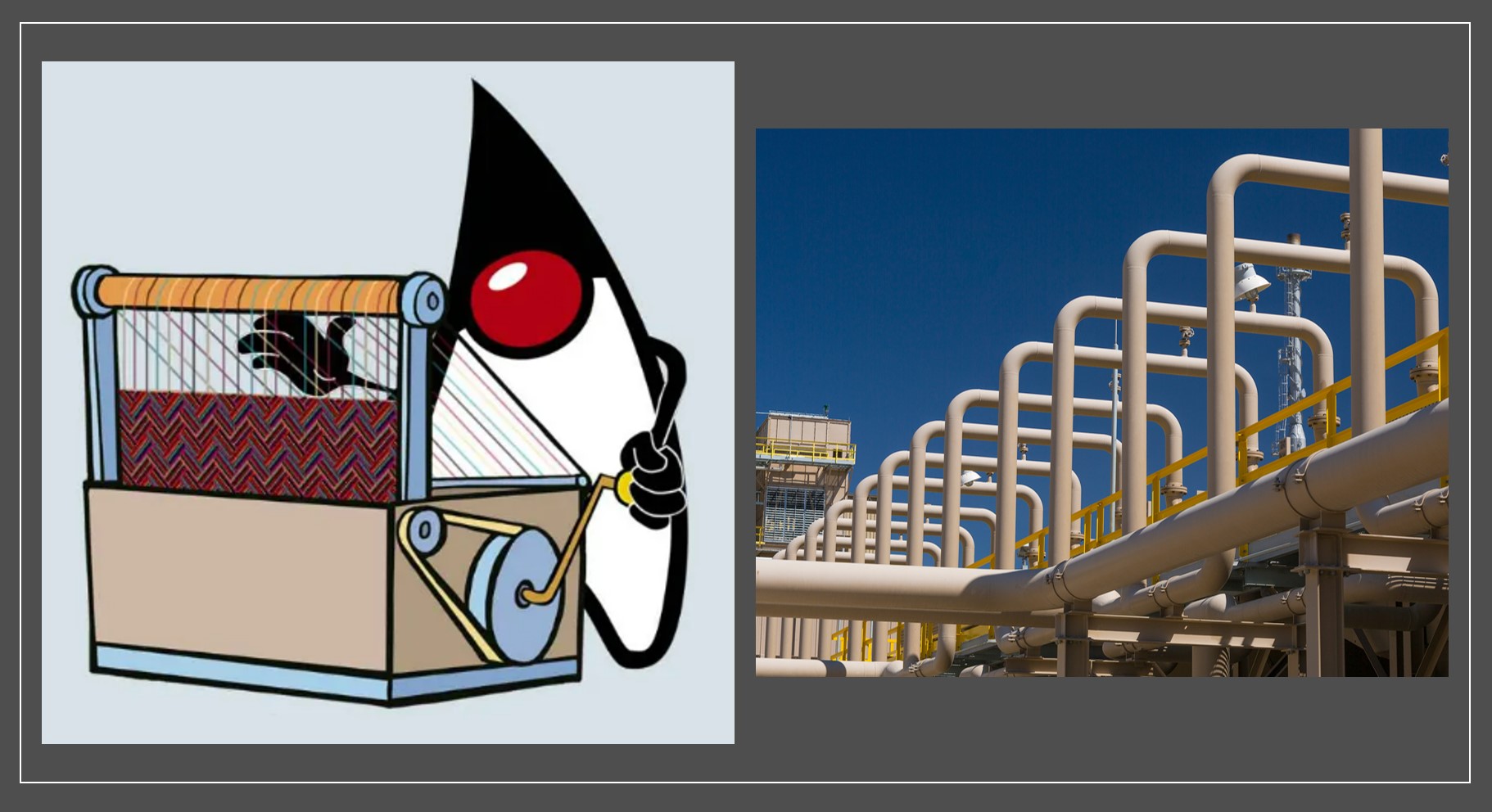Options for Structured Data in Emacs Lisp
So your Emacs package has grown beyond a dozen or so lines of code, and the data it manages is now structured and heterogeneous. Informal plain old lists, the bread and butter of any lisp, are not longer cutting it. You really need to cleanly abstract this structure, both for your own organizational sake any for anyone reading your code.
With informal lists as structures, you might regularly ask questions like, “Was the ‘name’ slot stored in the third list element, or was it the fourth element?” A plist or alist helps with this problem, but those are better suited for informal, externally-supplied data, not for internal structures with fixed slots. Occasionally someone suggests using hash tables as structures, but Emacs Lisp’s hash tables are much too heavy for this. Hash tables are more appropriate when keys themselves are data.
Imagine a refrigerator package that manages a collection of food in a refrigerator. A food item could be structured as a plain old list, with slots at specific positions.
















